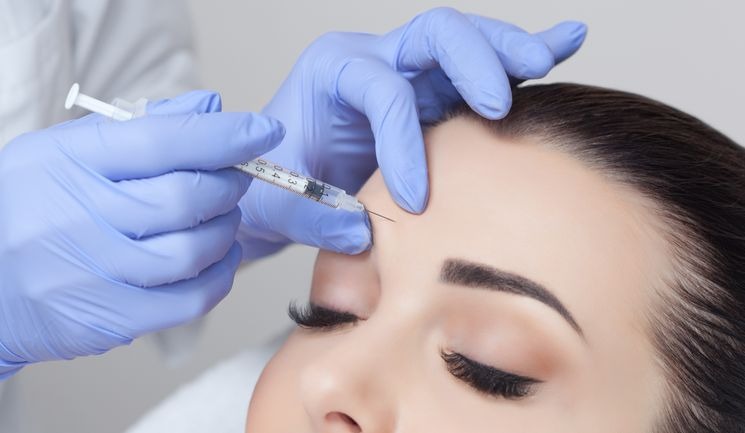To access this post, you must purchase Aesthetics Journal Membership – Annual Elite Membership, Aesthetics Journal Membership – Annual Enhanced Membership or Aesthetics Journal Membership – Basic Membership.
Menu
Close
- About
Partner with us
Advisory Boards
- Library
Aesthetics Journal
- Membership
Aesthetics membership
-
Why join us?Why join us?
-
Membership PlansMembership Plans
-
FAQsFAQs
-
My accountMy account
-
Compare membership plans →Compare membership plans →
-
- Training & Development
Training and Education
Mark your calendar with the specialty’s best training sessions - Directory
Company directory
-
View directoryView directory
-
Publish your companyPublish your company
Jobs
-
Publish your jobsPublish your jobs
Buy & Sell
Aesthetics equipment
marketplace -
- About
Partner with us
Advisory Boards
- Library
Aesthetics Journal
- Membership
Aesthetics membership
-
Why join us?Why join us?
-
Membership PlansMembership Plans
-
FAQsFAQs
-
My accountMy account
-
Compare membership plans →Compare membership plans →
-
- Training & Development
Training and Education
Mark your calendar with the specialty’s best training sessions - Directory
Company directory
-
View directoryView directory
-
Publish your companyPublish your company
Jobs
-
Publish your jobsPublish your jobs
Buy & Sell
Aesthetics equipment
marketplace -
Menu










